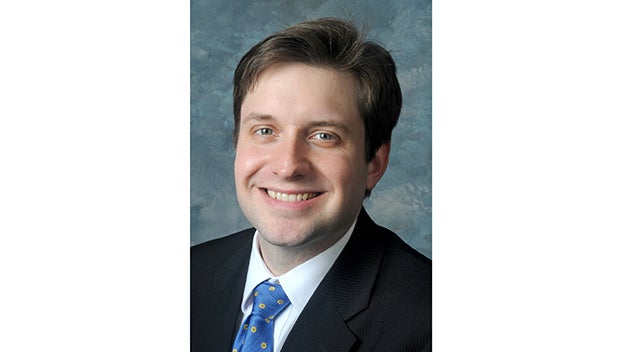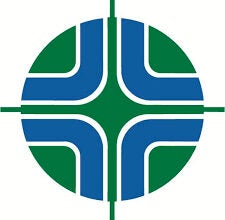Improving access to clean water
Published 4:10 pm Thursday, May 9, 2024

- State Rep. Daniel Elliott
By Representative Daniel Elliott
Kentucky has more miles of navigable water than any other state except Alaska. If you like to fish, boat, swim, or soak, this is the place to do it. However, that does not always translate into access to clean water or how we address wastewater. Clean drinking water and proper wastewater infrastructure are important for everyone. Imagine if you turned on your tap and the water was not clean enough to drink, cook with, shower in, or use to clean. Clean water is a foundation to a good quality of life. Unfortunately, that is the case for too many Kentuckians even today.
Also, when we use water for things like washing dishes, using the bathroom, or taking baths, it becomes dirty. That is where wastewater infrastructure comes in. It helps clean the dirty water before it goes back into rivers or lakes. Without this infrastructure, our environment would get really dirty, and animals and plants could suffer.
Having clean water and good wastewater systems is not just important for our homes. It is important for farming, industry, and development. For too long, the state and some local governments failed to make investments in ensuring everyone has access to clean drinking water and good wastewater infrastructure. All kinds of things contributed to that neglect – including financial issues, political pressures, and plain old failure to plan. After all – maintenance is not as exciting as new projects. At the end of the day, we have aging and antiquated water infrastructure in communities across the state – and the legislature has made improving it a priority.
In 2022, lawmakers allocated $250 million to improve water and wastewater infrastructure in every county in the state. That same year, an additional $10 million went to fund rural areas specifically.
We set aside $344.7 million more this session with HB 1, our one-time investment measure. And, we continued that commitment with the passage of HB 563, legislation aimed at ensuring millions in funding reaches the state’s most troubled water districts. The measure provides the framework for spending the money allocated in HB 1 for water and wastewater projects.
HB 563 provides an accessible, transparent, and efficient process applying for and awarding funds designated by the legislature to help struggling communities across the commonwealth. We know this $150 million is needed, and we want to make sure it gets to those that need it most and can use it best.
HB 563 creates two distinct revolving loan funds. The first, the Kentucky Waste Waters Fund (WWATERS), a loan pool modeled after the successful Kentucky Product Development Initiative (KPDI). WWATERS would target troubled, economically-struggling systems that do not qualify for grants or loans through existing programs.
The program will be administered by the Kentucky Infrastructure Authority (KIA) and include funding for both capital and non-capital expenditures. Under the provisions of the bill, qualifying systems would apply to the KIA. The association would work to ensure applications are complete, then review and score the applications.
The KIA would then submit the evaluations and scores of all qualifying applications to the legislature’s Interim Joint Committee on Appropriations and Revenue for action by the General Assembly. After legislative action, KIA will be charged with verifying the eligibility of proposed loans and administer the loans. The authority would also be charged with monitoring the projects and providing quarterly reports to the legislature regarding the implementation of qualifying projects.
HB 563 also creates the Emergency Kentucky Waste Waters Fund. Similar to the WWATERS Fund, the emergency revolving loan fund would provide capital to systems during a state of emergency in order to restore utility service. The Kentucky Infrastructure Authority would administer the emergency loan fund. There are emergencies that impact a water system’s ability to serve and the state should be in a position to assist these communities and the people who live in them. This emergency fund would do that by providing temporary assistance.
As always, I can be reached anytime through the toll-free message line in Frankfort at 1-800-372-7181. You can also contact me via e-mail at Daniel.Elliott@lrc.ky.gov and keep track through the Kentucky legislature’s website at legislature.ky.gov.






